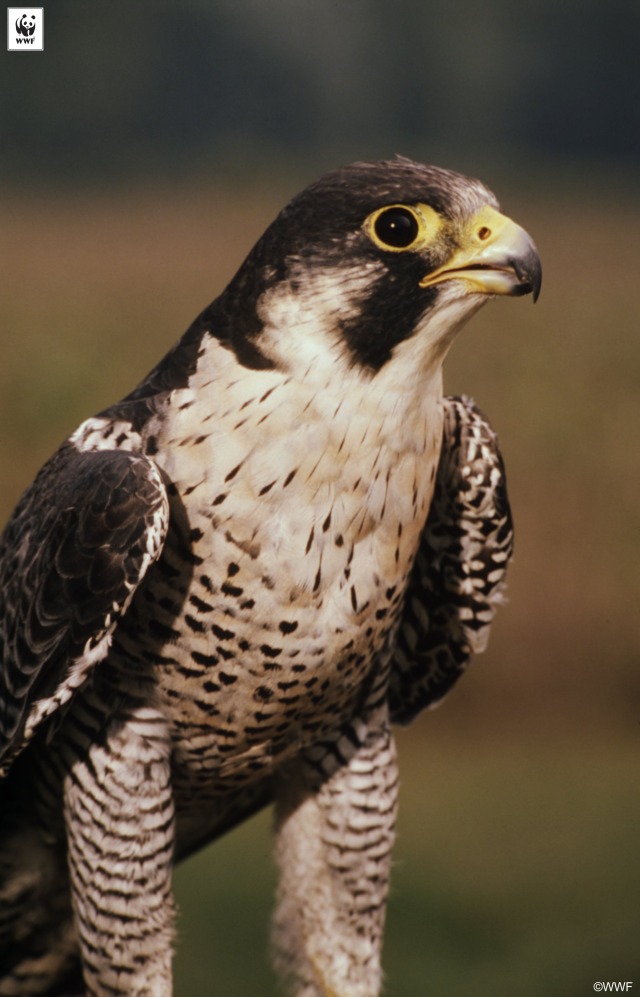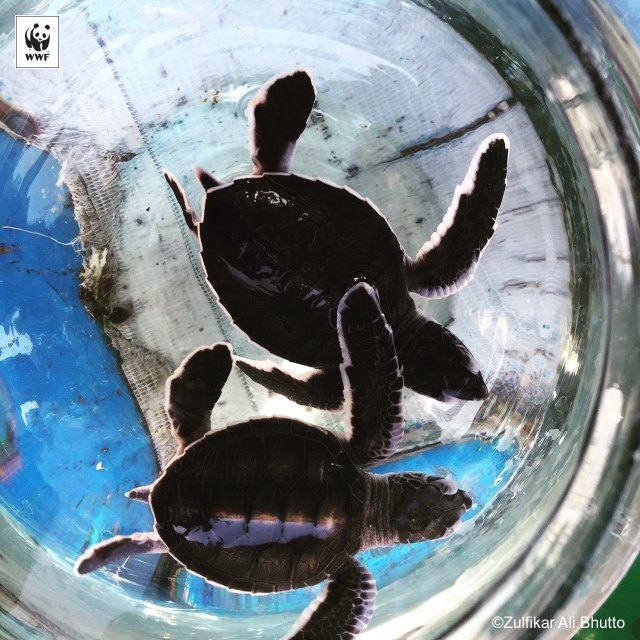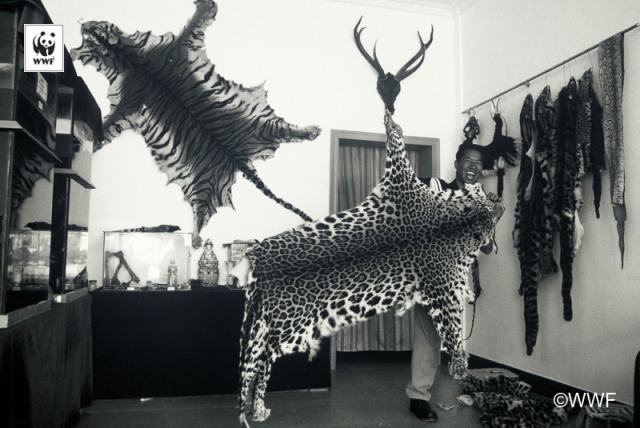There are causes which you believe are larger than life althought the whole world considers them quite ordinary. But the lives at stake of rare species in Pakistan is something which needs our attention as a whole!
Pakistan is rich in biodiversity and is home to some of the rarest plants and animal species of the world. But illegal wildlife trade is robbing the country of its natural heritage. Whereas, the rest of the world has come down strong on traffickers after witnessing an unprecedented surge in illegal wildlife trade, Pakistan is yet to come to grips with the multi-headed hydra.



Wildlife crime destabilizes ecosystems and alongside habitat destruction, poses a grave threat to endangered wildlife. The United Nations Office on Drugs and Crime (UNODC) recognizes wildlife crime as the third largest transnational crime after drugs and human trafficking. The lack of effective management and poor law enforcement has resulted in prevalent and often unreported wildlife crime. As a source, consumer and transit country for consignments of live animals, their parts and derivatives, Pakistan is in a strategic location with road, air and sea transit routes that are easily accessible and not closely monitored.
Pakistan is known to trade several species of reptiles, mammals, birds, timber as well as medicinal plants. Commercial exploitation of these fauna and flora is on the rise due to established networks of wildlife poachers and dealers.







Though by its very nature, it is difficult to calculate the exact value of illegal wildlife traded. It is a major driver behind the decline of almost an entire vertebrate group across many countries of Asia, South America as well as Africa. The danger of trafficking is not confined to majestic species like elephants, tigers and rhinos, according to estimates about one-third of bird species are traded illegally. A recent report on the State of Global Wildlife Crimes by the United Nations reported illegal trade of about 7,000 species in more than 164,000 seizures incidents from 120 countries since 1999 (UNODC 2016). Species that are traded from Pakistan include:
- Freshwater turtles – all eight sub-species
- Tortoises – Indian star and Afghan
- Marine turtles –
- Raptors particularly Falcons
- Indian pangolin
- Venomous snakes including cobras, vipers and non-venomous snakes such as Indian rock python
Others reptiles including monitor lizards, spiny tailed lizards
- Fur animals (foxes, jackal, wolf, freshwater otters)
- Shark (fins)
- Invertebrates such as scorpions









WWF-Pakistan is developing a national action plan to address these issues and challenges, in the form of capacity building of law enforcement agencies, awareness campaigns and research to develop new practical strategies.
A number of consultative and capacity building workshops have been conducted in collaboration with concerned agencies ranging from provincial wildlife departments, to Pakistan Customs and relevant NGOs. The objective is to adopt a holistic approach and develop a national level strategy to eliminate illegal wildlife trade.
This August, pledge to ‘Save Our Species’, by helping WWF-Pakistan spread awareness, by reporting illegal wildlife trade via their social media (facebook and twitter) or the concerned wildlife provincial department http://bit.ly/2aBSTfH. You can also support by joining Team Panda as an individual member http://bit.ly/2agCITw
- Are Google Certificates Worth Your Career Investment? - May 5, 2024
- How to Find and Fix Broken Links: A Comprehensive Guide - April 26, 2024
- Dynamic Pricing Strategies: Using AI to Optimize Pricing in E-commerce - April 9, 2024



